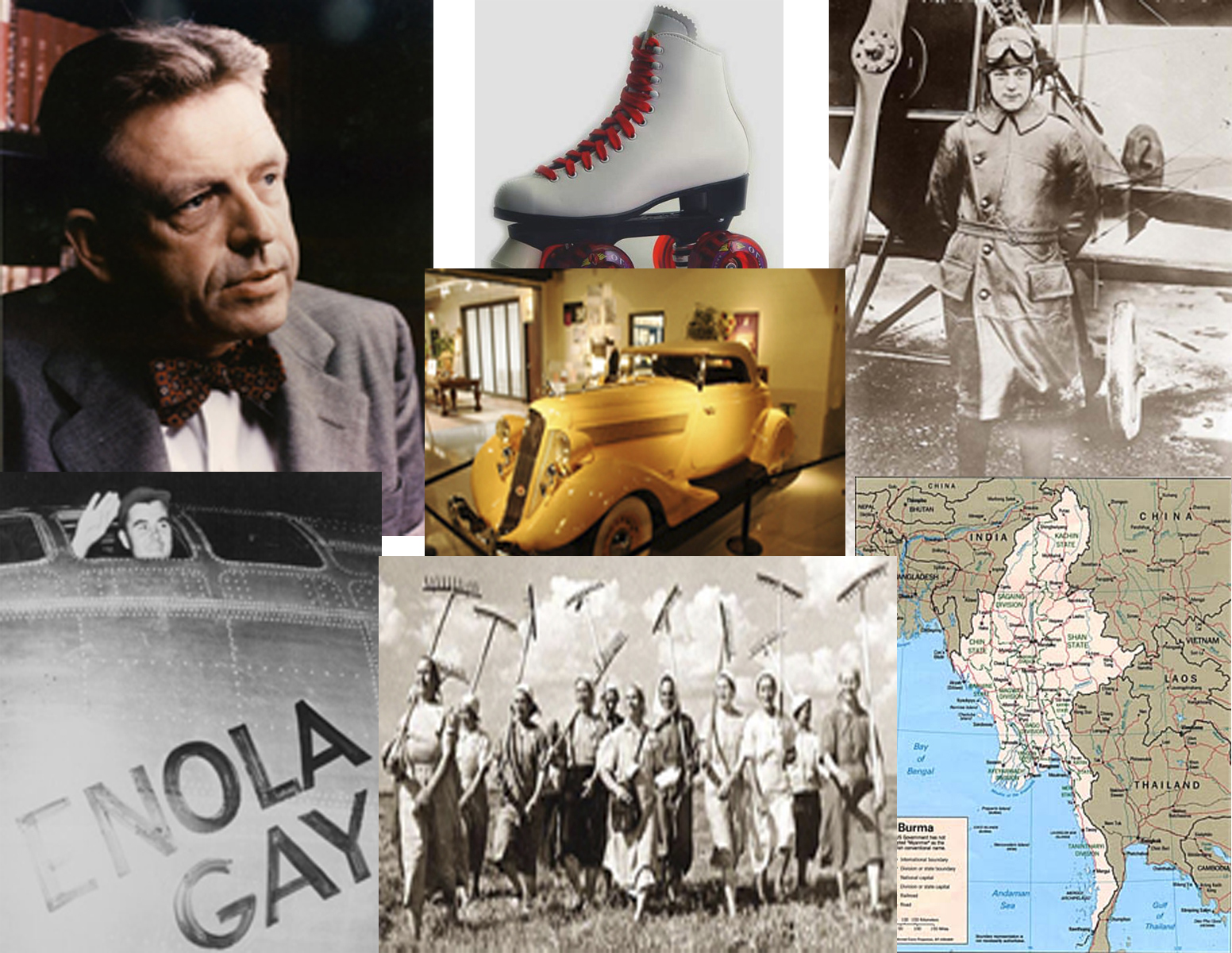Collection context
Summary
- Creator:
- Center for the Study of History and Memory
- Abstract:
- Congressman Lee Hamilton (1931- ) was a member of the U.S. House of Representatives for Indiana from 1965-1999, and worked as a Chairman of the Foreign Affairs Committee. His scope of work allows him to draw poignant connections between the social and political upheaval of the 1960's Vietnam War and Civil and Women's Rights Movements with the challenges of the first decades of the 21st Century. He describes the shift of the American experience from post-WWII exceptionalism to the cynicism of the Watergate Scandal and 9/11. His anecdotes about Presidents from Johnson to Obama (including Christmas Day games with Bush) offer quirky, insider perspectives about each of their idiosyncrasies. He is now a member of the U.S. Homeland Security Advisory Council and is the Director of the Center on Congress and a professor at Indiana University, encouraging youth to improve on the flaws and structural issues of Congress he saw while working there.
- Extent:
- 1 Interview
- Language:
- Materials are in English
- Preferred citation:
[interviewee first name last name] interview, by [interviewer first name last name], [interview date(s)], [call number], [project name], Center for Documentary Research and Practice, Indiana University, Bloomington, [page number(s) or tape number and side if no transcript; if digital audio and no transcript, cite time when quote occurs].
Background
- Scope and Content:
This series of six interviews was conducted in the Summer of 2014. The second interview session was recorded by video. Congressman Lee Hamilton discusses his long political career as a representative for the U.S. House of Representatives for the Indiana 9th District.
- Physical location:
- Interviews are housed in Franklin Hall, Room 0030A. Contact ohrc@indiana.edu for more information. Copies of interview transcripts are also held by the IU Libraries University Archives. For other locations housing the interviews from this project, please contact the Center for Documentary Research and Practice office.
- Physical facet:
- Audio files, transcripts, and digital video
Access
- TERMS OF ACCESS:
-
The archive of the Center for Documentary Research and Practice at Indiana University is open to the use of researchers. Copies of transcript pages are available only when such copies are permitted by the deed of gift. Scholars must honor any restrictions the interviewee placed on the use of the interview. Since some of our earlier (pre-computer) transcripts do not exist in final form, any editing marks in a transcript (deletions, additions, corrections) are to be quoted as marked. Audio files may not be copied for patrons unless the deed of gift permits it, and a transcript is unavailable for that interview. The same rules of use that apply to a transcript apply to the audio interview. Interviews may not be reproduced in full for any public use, but excerpted quotes may be used as long as researchers fully cite the data in their research, including accession number, interview date, interviewee's and interviewer's name, and page(s).
- PREFERRED CITATION:
-
[interviewee first name last name] interview, by [interviewer first name last name], [interview date(s)], [call number], [project name], Center for Documentary Research and Practice, Indiana University, Bloomington, [page number(s) or tape number and side if no transcript; if digital audio and no transcript, cite time when quote occurs].
- CAMPUS:
- Indiana University Bloomington
- LOCATION OF THIS COLLECTION:
-
Franklin Hall 0030B601 East Kirkwood AvenueBloomington, Indiana 47405, United States
- CAMPUS:
- Indiana University Bloomington
- CONTACT:
-
812-855-2856ohrc@indiana.edu

